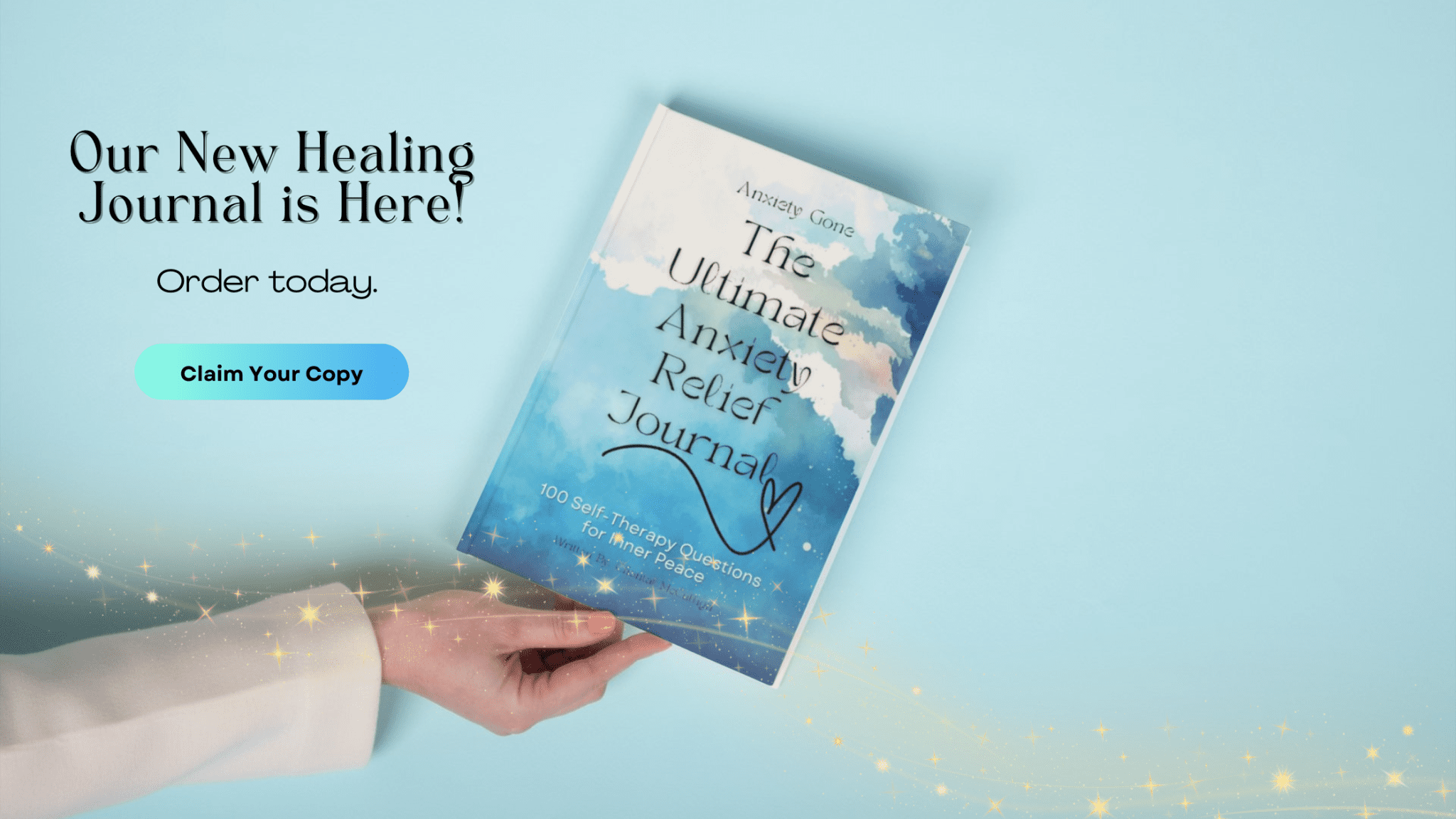Full Disclosure: Clicking on these links could mean a tiny commission for me, at no extra cost to you.
Depression and anxiety can dramatically impact people’s daily lives, influencing their ability to interact with others, engage in self-care activities, participate in leisure activities, complete tasks, and more. Unfortunately, even though research has shown mental illnesses to be very common in the world — with one study reporting that over 12 percent of Americans suffer from a mental health disorder such as depression or anxiety — there continues to remain a stigma surrounding these issues.
How to Break The Stigma Around Mental Health Disorders
To better understand how we can work towards breaking the stigma of depression and anxiety today by focusing on overall mental wellness, this article will discuss the current perceptions of mental illness worldwide and potential methods for driving positive change.
1. Understand What Depression and Anxiety Look Like
Depression and anxiety are increasingly prevalent all over the world. Despite this challenging reality, it is not always easy to recognize the signs and symptoms of depression and anxiety. It is because these disorders do not always present themselves in the same way.
While some individuals may experience extreme sadness and social withdrawal, others may exhibit irritability, difficulty concentrating, and physical complaints such as chronic pain or headaches. It is essential for individuals and their loved ones to be aware of these diverse symptoms and seek professional help if they suspect they may be struggling with depression or anxiety. Recognizing these disorders can be the first step in promoting mental well-being and finding the necessary treatment and support.
2. Recognize the Early Warning Signs of Mental Illness
It is also essential to recognize that symptoms of mental illness, such as depression and anxiety, can manifest in different ways for each individual. Identifying the warning signs early on is not always easy, but they can be crucial in helping someone get appropriate treatment.
Warning signs of depression may include persistent sadness or hopelessness, decreased energy and motivation, problems with sleeping or concentrating, changes in appetite, and increased physical complaints. Anxiety may also present as distress or fear without apparent cause, difficulty controlling worrying thoughts or behaviors, restlessness, irritability, nausea, and fatigue.
If someone displays these warning signs for an extended period, it is vital to seek professional help. Seeking treatment can make a tremendous difference in improving the individual’s mental well-being and quality of life. Whether you’re experiencing anxiety overseas or depression in Australia, it is treatable, and with the right resources, it can be managed. We have a complete list of mental health resources for you that offer support in a variety of different countries.
Advertisement
Ready to Take Control and Start Healing?
Feeling anxious, stuck, or overwhelmed? You don't have to figure it out by yourself. BetterHelp connects you with a licensed therapist who fits your needs, all from the comfort of home.
No waitlists, no commuting, no pressure. Just flexible, professional support designed for real life. With over 20,000+ therapists available and plans starting at $65/week, you can start making progress today — one step at a time.
3. Break the Stigma Around Professional Help for Mental Health Concerns
Despite the prevalence of mental health concerns, a stigma is still attached to seeking professional help. It can be challenging to reach out for assistance regarding these sensitive issues, and this fear of judgment often prevents people from seeking the support they need. It is why destigmatizing depression and anxiety in today’s world is so important – doing so will make it easier for people to access the mental health resources they need.
We can break down this stigma by talking openly about mental well-being and destigmatizing any language or discourse around mental illness that may be seen as derogatory. By normalizing conversations about these issues, individuals will feel more comfortable seeking help when needed and knowing there is nothing wrong or shameful about doing so. Moreover, having open and honest discussions about mental health can help create a more supportive environment for struggling people.
4. Practice Mindfulness and Self-Care as a Form of Prevention
In addition to destigmatizing mental health, it is also beneficial to practice preventive measures that can help reduce the risk of depression and anxiety. Mindfulness is a great way to stay connected with one’s emotions, as it helps individuals become aware of their thoughts and feelings in the present moment.
Practicing mindfulness can be done through activities such as yoga and meditation, which can help to reduce stress and increase relaxation. Other forms of self-care activities, such as regular exercise and eating a healthy diet, can also be beneficial in reducing the risk of mental illness.
Get Started with an Anti-Anxiety Diet Plan
Beyond Body offers personalized wellness plans designed to help you make smarter, dopamine-friendly food choices that support your mental health. Don’t miss out on an exclusive discount of up to 50% off — take the first step toward a healthier, happier you. Claim Your Discount
5. Create a Supportive Network for People with Mental Health Struggles
Creating a supportive network for those dealing with mental health struggles is also very important when destigmatizing depression and anxiety. Access to friends, family members, or others who understand what one is going through can provide the emotional support that people need during difficult times. Having someone to listen and be there for them can make all the difference in an individual’s recovery journey.
Furthermore, communities can create advocacy groups for those suffering from depression or anxiety. These organizations can provide resources and support systems for individuals who may feel isolated or alone in their struggles with mental health. By creating a supportive network of people and organizations, we can work towards destigmatizing depression and anxiety and helping more individuals get the help they need.
Final Thoughts on Breaking The Stigma
Overall, breaking the stigma of depression and anxiety is an important task that needs to be taken seriously in today’s society. Understanding what these disorders look like and encouraging open conversations about mental health can create a more supportive environment for struggling people.
Additionally, practicing mindfulness and self-care activities and creating a supportive network can be great ways to reduce the risk of these disorders. By working together, we can make strides towards destigmatizing depression and anxiety and ensuring that those who need help have access to it.
Additional Resources
At Anxiety Gone, we believe in healing together. We’ve partnered with trusted wellness organizations to bring you the most effective tools, insights, and support. Some links may earn us a commission — always at no extra cost to you.
Join The Club
Connect with our private self-care community for daily support, exclusive tips, and inspiration. Join us today
Talk Therapy
Get matched with licensed therapists online through BetterHelp and begin your healing today. Start now
Hims/Hers
Receive personalized, affordable mental health care + medication from home — no insurance required. Learn more
Mental Health, Right to your Inbox
Subscribe to our newsletter for a place to rest your mental health and find ways to support your journey. Sign up
Emotional Freedom Technique
Tap your way to calm with scientifically backed stress relief. Our readers receive a 14-day free trial! Try EFT now
Mindfulness App
Access 2,000+ guided practices to support your mental health wherever you are + exclusive discount when you upgrade Try it
Online Breathwork
Experience calm and reset your nervous system with guided sessions and receive your first month free . Get started
Find a Helpline
If you need immediate support, visit our directory to find help near you. See helplines










